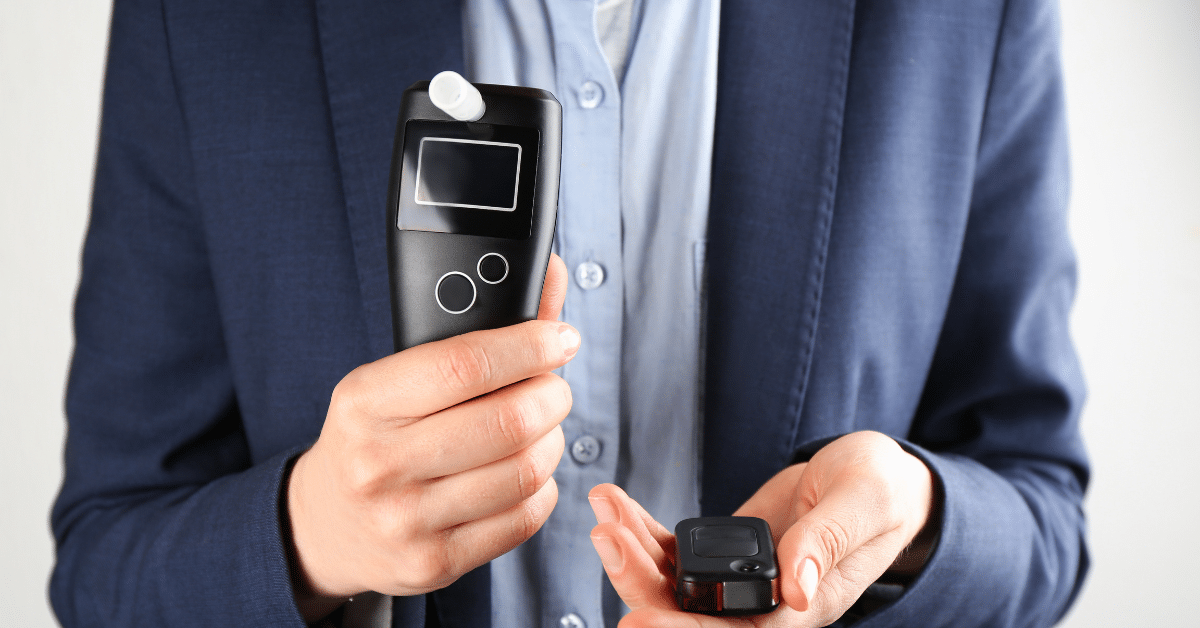Can you challenge or contest the results of your breathalyzer results here in Denver? Many DUI arrests involve breathalyzer tests as part of the process. This machine, like those who design, build, maintain, and use them, could be better. Mistakes are made, and if a breathalyzer test results in your arrest, there may be ways to create doubt about the results. Prosecutors have the burden to show you’re guilty beyond a reasonable doubt. If we plant that seed of doubt in the jury, you may be acquitted or have a hung jury, so you’re not convicted.
Arrest and Conviction or Freedom Based on Numbers Generated by a Machine
In criminal defense, few pieces of evidence carry as much weight as breathalyzer results in DUI cases. A single number on a breathalyzer reading can often determine the course of a defendant’s life. However, these results are not infallible, and challenging them requires a thorough understanding of the technology, protocols, and potential sources of error. In this comprehensive guide, we delve into the strategies that criminal defense attorneys can employ when challenging breathalyzer results and securing justice for their clients.
Not All Lungs Are Alike
Your blood alcohol content is a principal piece of evidence. Most jurors in these cases don’t understand how breathalyzers work and how unreliable the machine and the process leading up to a test can be. Most people trust the police and assume the results must be accurate. They may believe these results are objective scientific data reliable enough to justify a conviction.
Many assumptions underlie the science of DUI breath tests. One is that we release alcohol from our blood into our exhaled breath at the same rate. However, scientific studies show that people release different amounts into exhaled breath. There can be dramatic differences from person to person and by the same person over different periods.
Lungs have tiny sacs called alveoli, where the air you breathe contacts your blood. It absorbs oxygen, and carbon dioxide is released into your exhaled breath. However, how deeply we breathe varies, and not all alveoli work the same. This affects breathalyzer results.
The Breathalyzer’s Math is Based on an Assumption that May be False
DUI breathalyzers only sense how much alcohol vapor is in your breath and develop an estimated Blood Alcohol Content (BAC) level. It doesn’t test your blood. The machine uses a “blood-breath partition ratio” to calculate the BAC number. The same ratio is used for everyone, even though not all our bodies operate similarly.
This opens up the possibility of challenging breathalyzer results. Using the same ratio for everyone, a driver who’s intoxicated can have a low BAC number, and the BAC number for someone who had one or two drinks could make it appear they’re heavily intoxicated.
Body Temperature
If your body temperature is above average, the machine will overestimate how much alcohol is in your blood. You may get a 7% higher value in the BAC for each additional degree of body temperature increase. If you have a fever when tested, you have a higher risk of being falsely arrested and convicted of DUI.
Human Error
Breathalyzers must be regularly calibrated and maintained to ensure accurate readings. We can look at calibration logs and maintenance records to find out if this work has been performed. Law enforcement officers also must be trained and must follow specific protocols. If the person doesn’t follow their training or protocols, there may be a basis to challenge the result.
Another defense can arise if there’s a long delay from when you stopped driving to the time you used the breathalyzer because of “rising blood alcohol.” It takes time for your blood to absorb alcohol, so your BAC may increase after you were pulled over, causing a higher BAC than when you drove.
Medical Conditions and Diet
Gastroesophageal reflux disease (GERD) or diabetes can create acetone in your breath, which breathalyzers may read as alcohol. We discuss with our clients their medical histories and eating habits to see if they may aid their defense.
Mouth Alcohol Contamination
False BAC readings may be caused by alcohol in your mouth, from an alcoholic drink or mouthwash. The time of your last alcoholic drink and your mouthwash use must be looked into for a possible defense.
Machine Malfunctions
Breathalyzer devices, like any technology, can malfunction. This could stem from manufacturing defects, software glitches, or other technical issues. Experts can examine how well the device functions and identify potential malfunctions that could have affected the results.
Don’t Go It Alone
Kevin Churchill has helped clients like you in DUI cases for more than 24 years. When representing yourself, you may make severe mistakes that will affect you for the rest of your life. If you’re charged with DUI, DUID, or DWAI in the Denver Metro area or anywhere in the Front Range, contact Denver DUI attorney Kevin Churchill at (303) 832-9000.
